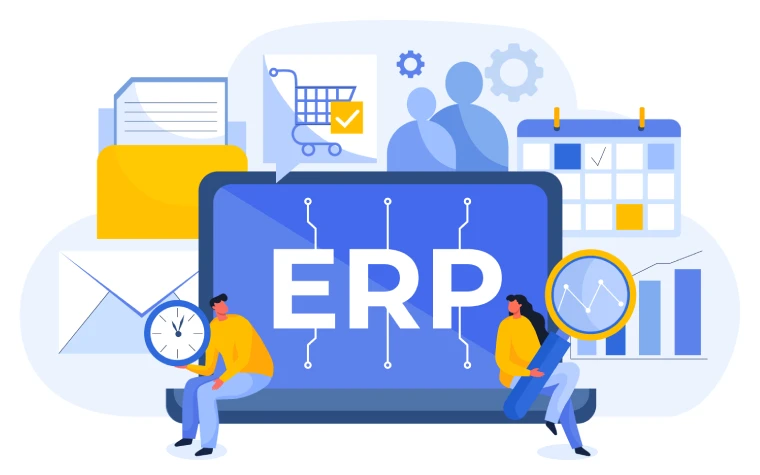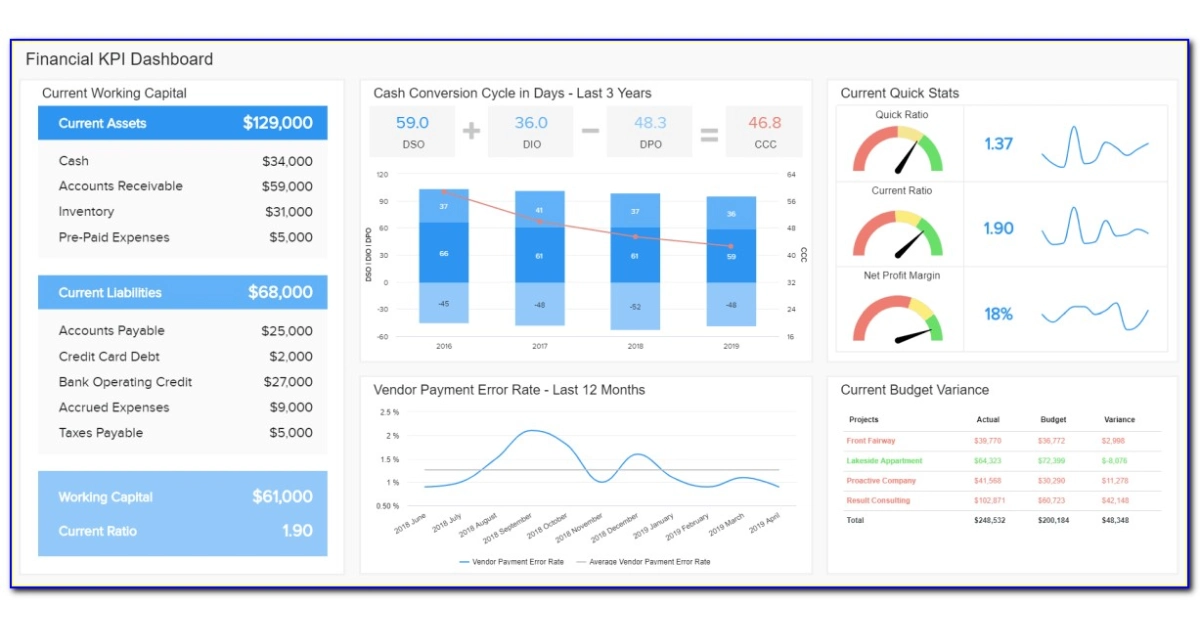
5 Common Challenges When Implementing ERP Solutions And How To Overcome Them
Enterprise Resource Planning (ERP) systems are becoming increasingly popular for businesses across industries. These systems can streamline processes, improve efficiency, and provide valuable insights into operations. However, implementing an ERP system can be a significant undertaking, and organizations may face several challenges along the way. In this blog, we’ll discuss five common challenges businesses face when implementing ERP solutions and provide practical tips on how to overcome them.
Challenges Organization Face When Implementing ERP Solutions
Lack of Planning and Preparation:
One of the most significant challenges businesses face when implementing an ERP system is a lack of planning and preparation. Without a well-thought-out plan, organizations may find themselves struggling with project management, delays, and unforeseen costs. A lack of planning and preparation can also lead to a failure to align the new system with the organization’s objectives and goals.
To overcome this challenge, organizations must invest time in developing a comprehensive plan that outlines their goals, timelines, budgets, and key stakeholders. It’s essential to allocate sufficient resources, including personnel, to support the implementation process. Additionally, organizations should engage with vendors and third-party experts to ensure that they understand the system’s capabilities and limitations and can provide advice and support during the implementation process.
Resistance to Change:
Another challenge that businesses face when implementing an ERP system is resistance to change. It’s not uncommon for employees to be apprehensive about new systems and processes, which can lead to resistance, low morale, and a lack of enthusiasm for the project. Resistance to change can also arise when employees feel that the new system may threaten their job security or alter their roles and responsibilities.
To overcome this challenge, it’s essential to communicate the benefits of the new system and involve employees in the implementation process. Providing regular updates, training, and support can help employees feel more comfortable with the new system and encourage adoption. It’s also important to address any concerns or questions employees may have and provide opportunities for feedback.
Data Migration and Integration Issues:
Data migration and integration are essential components of any ERP implementation, and they can be complex and time-consuming. One of the most significant challenges businesses face is ensuring that data from legacy systems is migrated accurately; and integrated into the new system seamlessly. Poor data migration and integration can lead to data inconsistencies, errors, and delays in accessing critical information.
To overcome this challenge, organizations should invest in robust data migration tools and processes, test data migration plans thoroughly; and engage data experts to manage the process. It’s essential to ensure that data is clean, consistent; and accurate and that it’s integrated into the new system in a way that’s aligned with the organization’s objectives and goals.

User Adoption and Training:
Another challenge that businesses may face when implementing an ERP system is ensuring that users adopt and use the new system effectively. If users don’t understand how to use the new system or don’t see its value, adoption rates will suffer, and the project may fail. User adoption and training are critical components of any successful ERP implementation.
To overcome this challenge, it’s essential to invest in user training and support. This should include comprehensive training programs, ongoing support, and user-friendly documentation and guides. Organizations should also consider providing incentives or rewards for users who adopt the new system quickly and effectively.
Customization and Configuration Challenges:
Finally, customization and configuration can be a significant challenge for businesses implementing ERP solutions. Customization and configuration are essential to ensure that the system meets the unique needs of the organization. However, it can be challenging to balance customization with the need for a standardized system.
How To Overcome This Challenges
To overcome this challenge; organizations should engage with ERP vendors or third-party consultants who have expertise in customizing and configuring ERP systems. It’s essential to work closely with these experts to understand the organization’s unique requirements; and determine the best approach to customization and configuration. Organizations should also prioritize the configuration of critical business processes while minimizing customization wherever possible. Finally, it’s important to test any customizations thoroughly before implementing them to ensure they don’t cause issues or conflicts with the system’s core functionality.
Conclusion:
Implementing an ERP system can be a complex undertaking, and organizations may face several challenges along the way. However, with proper planning, communication, and support, businesses can overcome these challenges and reap the benefits of an ERP system. To summarize, the five common challenges when implementing ERP solutions are lack of planning and preparation, resistance to change, data migration and integration issues, user adoption and training, and customization and configuration challenges. By addressing these challenges head-on and engaging with experts and stakeholders; organizations can successfully implement an ERP system that streamlines processes, improves efficiency, and drives business growth.



